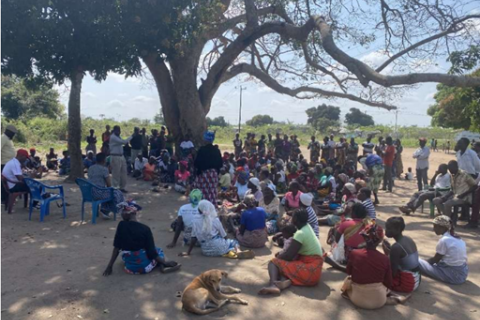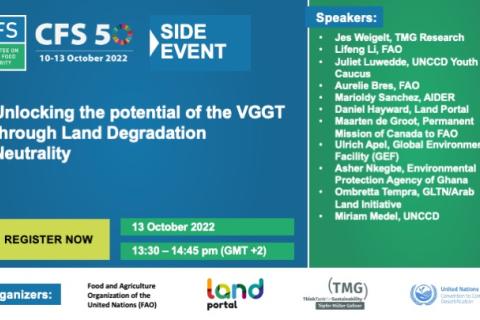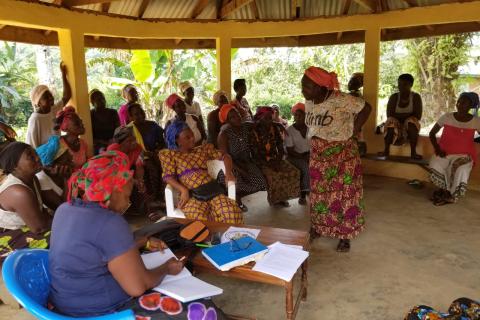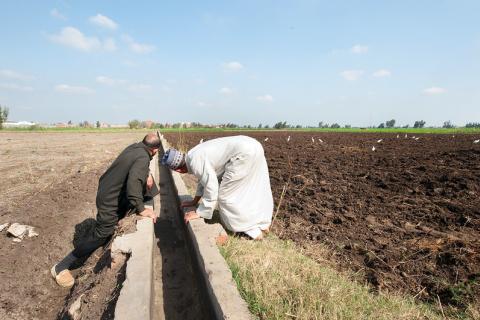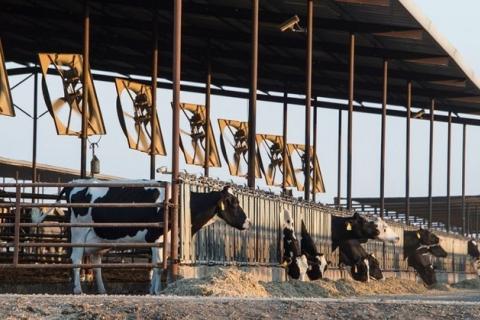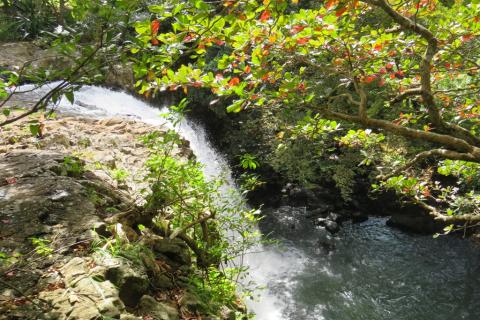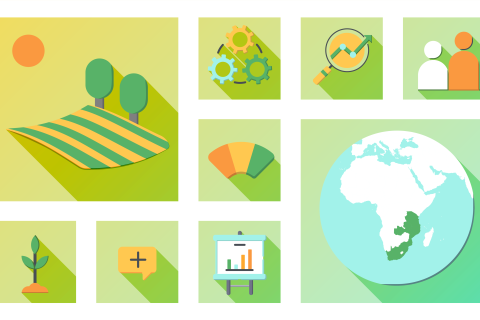Understanding the link between Climate & LAND-at-scale country projects - The nexus between land governance and climate change, Búzi District, Sofala Province, Mozambique
As part of a scoping study titled Land Governance for Climate Resilience: A review and case studies from LAND-at-scale projects headed by Richard Sliuzas, Emeritus Professor, University of Twente, CTV explored the links between climate and land governance in the LAND-at-scale project “Scaling Community Legal Literacy, Land Rights Certification and Climate Resilience in Mozambique”. This case study focusses on experiences from the Búzi District, where Cyclone Idai (March 2019) showed the need for proactive interventions in the land sector aimed at preparing districts and local communities to face and plan for severe climatic phenomena and their impacts, but also the challenges at making this link explicit.

